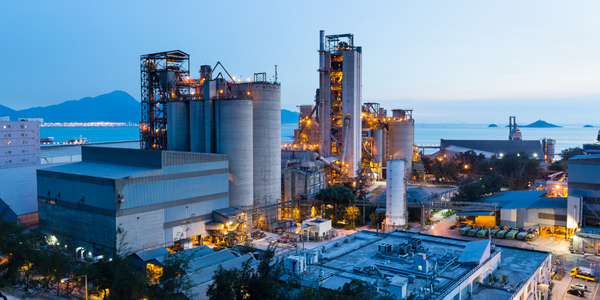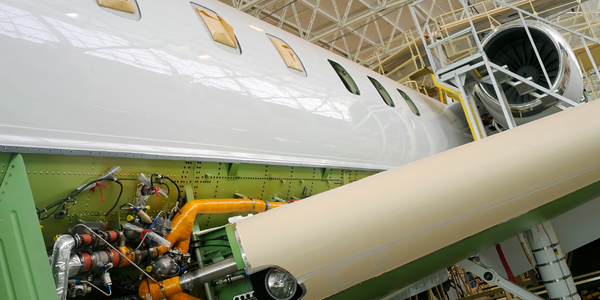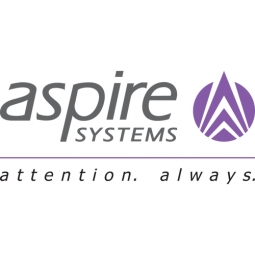
Technology Category
- Application Infrastructure & Middleware - Event-Driven Application
- Infrastructure as a Service (IaaS) - Cloud Storage Services
Applicable Industries
- Aerospace
- Chemicals
Applicable Functions
- Maintenance
- Product Research & Development
Use Cases
- Behavior & Emotion Tracking
- Leakage & Flood Monitoring
Services
- Cloud Planning, Design & Implementation Services
- Cybersecurity Services
The Customer
Not disclosed
About The Customer
The client is a Univar solution company that specializes in chemical manufacturing. They employ nearly 500 people across the globe and have applications in various sectors including chemistry, technology, aerospace, architecture, medical devices, industry machinery, and appliances. The company has expanded to multiple locations including the US, Africa, Mexico, the Middle East, Canada, and parts of Europe. They utilize the strengths of traditional distribution and build on this model by embracing technology and innovation to improve the customer experience. They engage in exclusive product line relationships with premier manufacturers to provide personalized marketing, sales, and distribution services for more than 90 supplier partners for over 190 product lines globally. Their aim is to revolutionize how chemicals are distributed by incorporating tech innovations to steer towards meaningful growth.
The Challenge
The client, a global Univar solution company specializing in chemical manufacturing, was facing several challenges with their Azure Cloud Services and Azure Kubernetes Service (AKS). The issues included unavailability of application for 30 minutes during AKS update, AKS vulnerability, lack of support for on-premise systems, complex deployment in CPT and their PDMS application involving AI/ML, redundant storage accounts and application service plans, insufficient pods and inefficient pod deployments. The client also expressed a need for continuous support and monitoring of their AKS, and a desire to reduce their turnaround time by implementing Azure best practices.
The Solution
Aspire Systems, a global technology services firm, provided a comprehensive solution to the client's challenges. The development team researched and documented every issue, proposed the best possible solutions, and swiftly fixed bugs and errors upon client approval. This approach significantly reduced the client's turnaround time. Aspire was able to reduce the application unavailability during AKS update from 30 minutes to 10 minutes, remediate AKS vulnerability, and provide cloud server support and on-premise. They implemented a function app for SP expire notification, handled the client's AAD, AD and all Azure services, monitored the AKS, updated the node image, and created alerts for when pod restarts. They also improved the client's webapp access, removed unused storage accounts and app service plans, and provided Azure consulting, optimization, monitoring and support services.
Operational Impact
Quantitative Benefit

Case Study missing?
Start adding your own!
Register with your work email and create a new case study profile for your business.
Related Case Studies.

Case Study
Airbus Soars with Wearable Technology
Building an Airbus aircraft involves complex manufacturing processes consisting of thousands of moving parts. Speed and accuracy are critical to business and competitive advantage. Improvements in both would have high impact on Airbus’ bottom line. Airbus wanted to help operators reduce the complexity of assembling cabin seats and decrease the time required to complete this task.

Case Study
Aircraft Predictive Maintenance and Workflow Optimization
First, aircraft manufacturer have trouble monitoring the health of aircraft systems with health prognostics and deliver predictive maintenance insights. Second, aircraft manufacturer wants a solution that can provide an in-context advisory and align job assignments to match technician experience and expertise.

Case Study
Honeywell - Tata Chemicals Improves Data Accessibility with OneWireless
Tata was facing data accessibility challenges in the cement plant control room tapping signals from remote process control areas and other distant locations, including the gas scrubber. Tata needed a wireless solution to extend its control network securely to remote locations that would also provide seamless communication with existing control applications.

Case Study
Aerospace & Defense Case Study Airbus
For the development of its new wide-body aircraft, Airbus needed to ensure quality and consistency across all internal and external stakeholders. Airbus had many challenges including a very aggressive development schedule and the need to ramp up production quickly to satisfy their delivery commitments. The lack of communication extended design time and introduced errors that drove up costs.

Case Study
Advanced Elastomer Systems Upgrades Production
In order to maintain its share of the international market for thermoplastic elastomers AES recently expanded its Florida plant by adding a new production line. While the existing lines were operating satisfactorily using a PROVOX distributed control system with traditional analog I/O, AES wanted advanced technology on the new line for greater economy, efficiency, and reliability. AES officials were anxious to get this line into production to meet incoming orders, but two hurricanes slowed construction.




